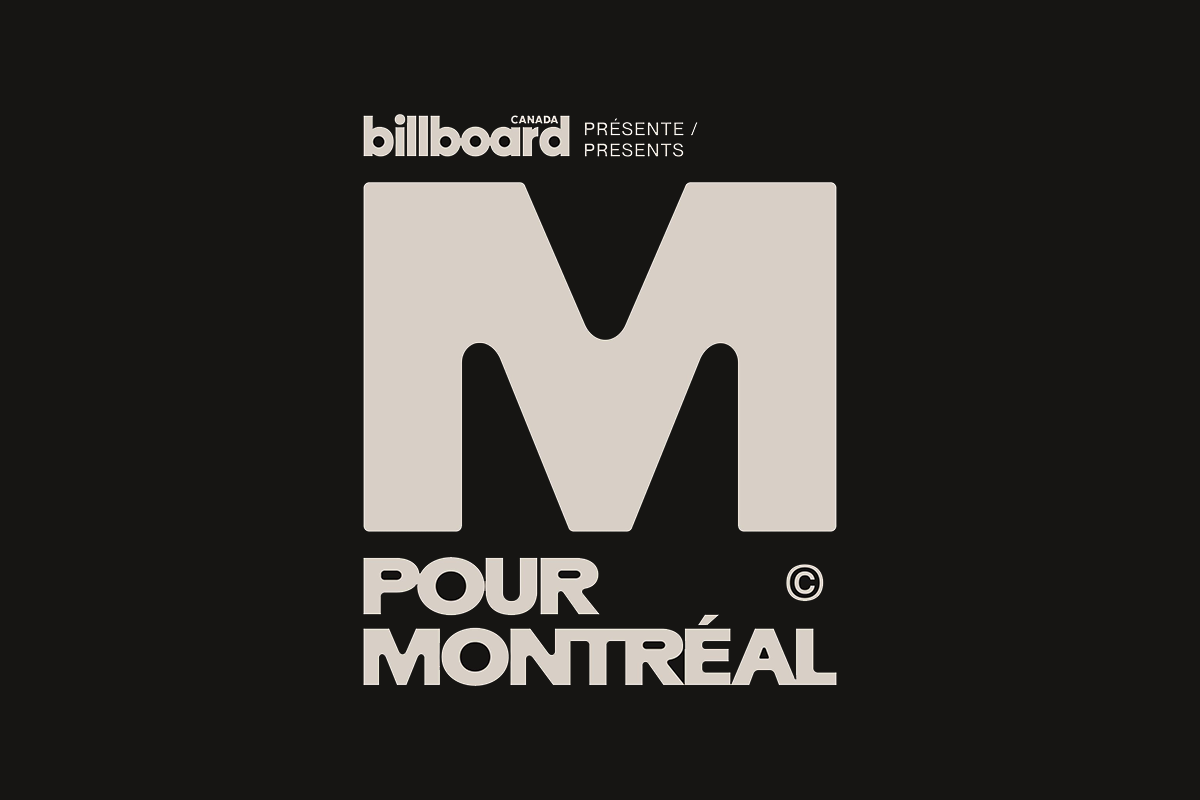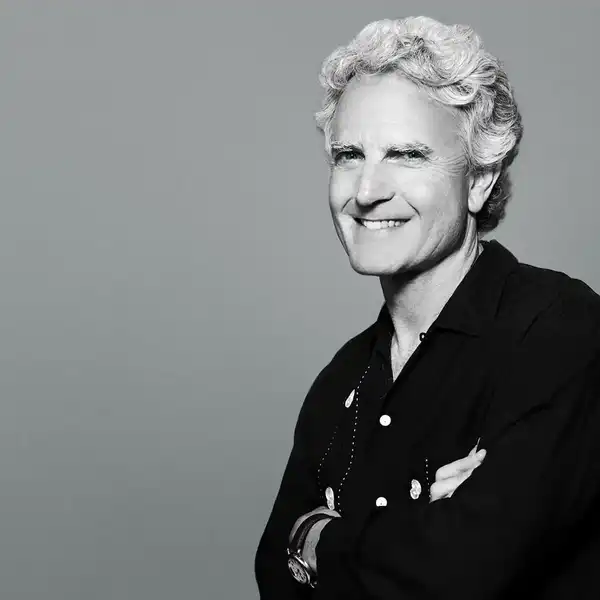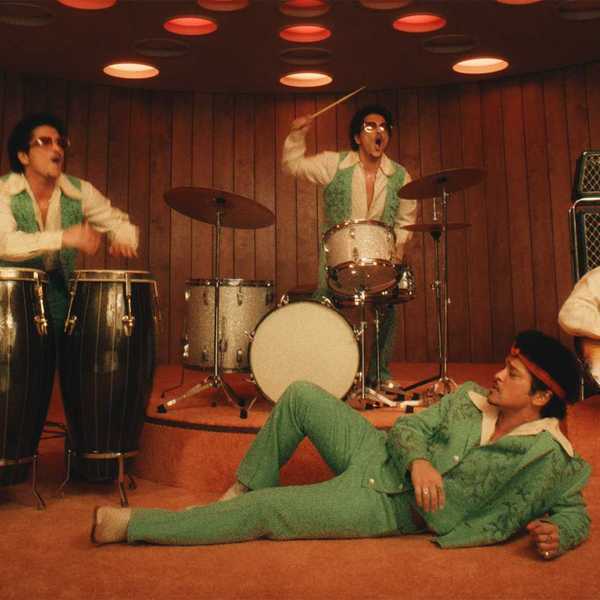Industry Experts Explain How Data is Changing Music Discovery at M for Montreal
Here are the top insights from the M for Montreal 2024 panel “Leveraging Data for Music Discovery” at M for Montreal, moderated by Billboard Canada CEO

PARTNER CONTENT
For music fans, there’s more information available about their favourite artists than ever before – and for artists and labels, there's more information about their fans.
At this year’s M for Montreal conference, the panel “Leveraging Data for Music Discovery” brought together industry leaders to explore how fan data is revolutionizing the music business.
The panel took place at Esplanade Tranquille – L'Arrière-scène on November 20 and was moderated by CEO of Billboard Canada, the presenting partner of this year’s conference. The discussion explored how data-driven strategies are transforming music releases and touring success.
For record labels, the most available data comes from the most engaged listeners – the superfans.
Alexandra Rosen, Head of Streaming, U.S. and Canada, at Partisan Records, emphasized the importance of identifying this core audience:
"Understanding your superfans – not only who they are and what they do but where they go and how they interact with artists – is crucial. Superfans are incredibly important to success."
Jamie Loeb, Senior Vice President of Marketing at Nederlander Concerts, expanded on how technology enables more personalized outreach:
"It’s about connecting the dots better – within the limits of what’s legally allowed. For example, if you were at the esplanade during M for Montreal, shop at Whole Foods, and work out at a nearby gym, we can strategically place concert tickets or merch in your path."
Loeb also highlighted how technology is bridging generational gaps in music discovery, citing ‘80s star Rick Springfield as an example of someone who’s finding new audiences through social media.
"Rick’s music is being rediscovered through platforms like TikTok, creating bridges between Gen X, Gen Z and Gen Alpha,” she said. “It’s fascinating to see younger generations revisiting ‘80s and ‘90s music. The challenge is to re-engage the original fan base while appealing to newer audiences. TikTok might not realize it’s Rick Springfield behind ‘Jesse’s Girl,’ but with strategic ads, we can reintroduce him and his upcoming tours."
@andrewlicout “Its just a song” ib: @tonystatovci
She shared her perspective on the evolving role of social advertising, highlighting its unique appeal to younger generations:
"Artists, brands, labels, and even consumers often lack trust in traditional advertising. It’s fascinating to see how social advertising not only builds that trust but also aligns with how younger audiences consume and interact with ads differently today."
When asked how artists can best leverage data to amplify their reach, panelists offered actionable advice for those in the industry. Francois Nepveu-Salem, Executive Business Development Lead at Bandsintown, encouraged starting simple:
"Don’t worry about leveraging data right away – just focus on acquiring it. There are so many tools available for leveraging data, but first, you need to collect it."
Shelley Pisarra, Executive Vice President of Global Insights at Wasserman, echoed this sentiment, but stressed that harnessing data does not have to be synonymous with the biggest tech and social media platforms like Meta:
"Educate yourself about the tools available to you. And don’t overly rely on platforms like Facebook or other social entities. Build your own mailing list and know your fans directly."
Rosen added a case study from her own experience about how artists can build a meaningful listenership without overt marketing or branding:
"I work with the band Cigarettes After Sex, and they let the art speak for itself. Their approach is very organic, with minimal advertising. It’s a great example of respecting the artist’s vision while still connecting with fans."
On the topic of digital ads, Pisarra offered a counterintuitive perspective:
"When running Instagram or Meta ads, don’t over-target. The algorithm is incredibly smart. By keeping targeting minimal, you allow the system to find the right audience for you."
The panel concluded with shared optimism about the future of music discovery. By effectively using data, fostering meaningful fan relationships and respecting artistic integrity, the panelists agreed, the music industry is poised to create deeper, more sustainable connections across generations.















